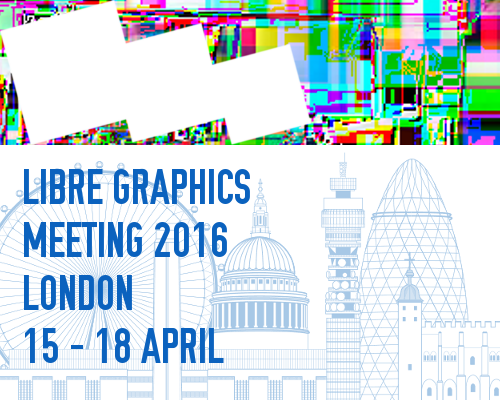Today marks the final day of the third CulturaDigital.Br festival. In attending talks and Experience Sharing sessions, two things struck me: hackerspaces are wildly popular and people are still surprised that RFID technology has drawbacks. There’s something linking the two together. That something is the degree of techno-optimism still present in the DIY, hacker, maker and digital culture communities.
We see brilliant technologies being used by large organizations, often against us or simply to make a profit, and we want a piece of the technology for ourselves. So we get hold of it, we hack with it, we build our own interventions. And this feels significant. It is significant. It matters deeply that people are able to feel ownership over technologies that will only become more enmeshed in their daily lives. It’s brilliant to see such enthusiasm and so much effort being put into social change through technological intervention.
The problem, as briefly highlighted by Mimi Hui of NYC Resistor, who presented on the security risks of RFID (Radio-frequency Identification), is that we don’t often enough turn our interest in technology back on itself. We spend so much of our time doing interesting things with technology that we often fail to direct an intelligent, critical eye towards the tools of our production. This has been said before. It has been said by many people. But it continually fails to sink in.
Instead, we leave the job to the popular media, eager to jump on every new development and criticize it with little depth. For our intelligent criticism, we look, most often, to security researchers and academics, if we look anywhere at all. But those researchers are, more often than not, not us. They are not the ones attempting to own technologies, to make change with those technologies, to use them for purposes at turns casual and grand.
We leave the critique of our technologies to outsiders, instead of doing it ourselves. Things like the Maker’s Bill of Rights approach the problem. Yet we continue with our techno-utopianism. We build for fun, or we build for change. Both are wonderful. But perhaps, though it’s been said before, we need to spend a moment, every time we sit down at the bench to produce something, thinking about the ramifications of our actions. In spending a moment to take a holistic view, we might give ourselves some perspective, and some power. We might take the power to criticize out of the hands of those who do not use our tools. We might put that power into our own hands.

Pingback: Festival CulturaDigital.br (3): notas pessoais e aleatórias « Baixa Cultura